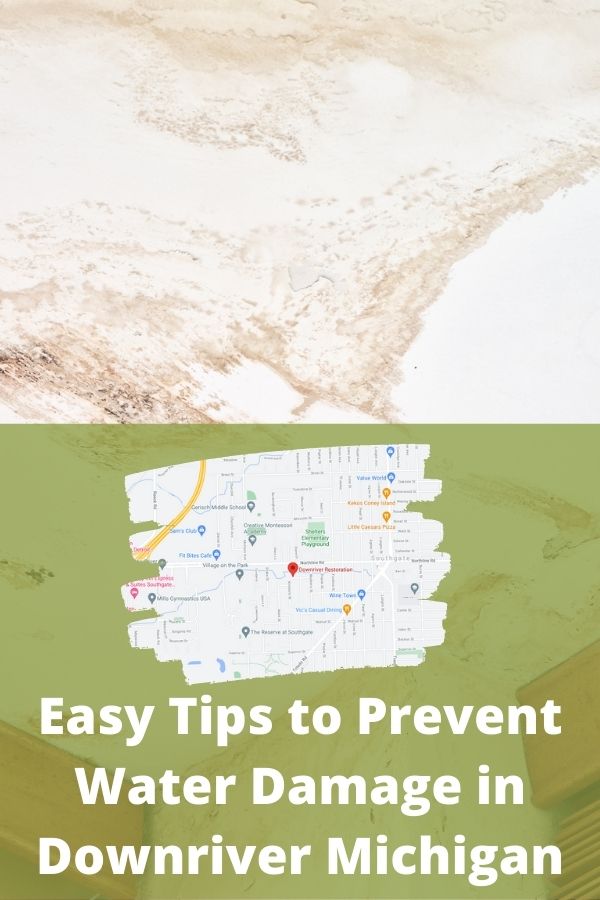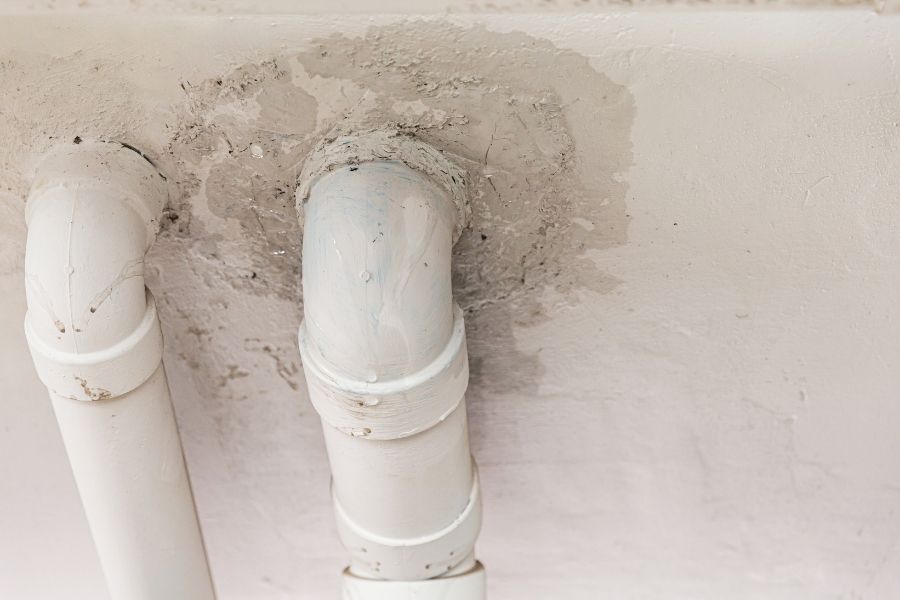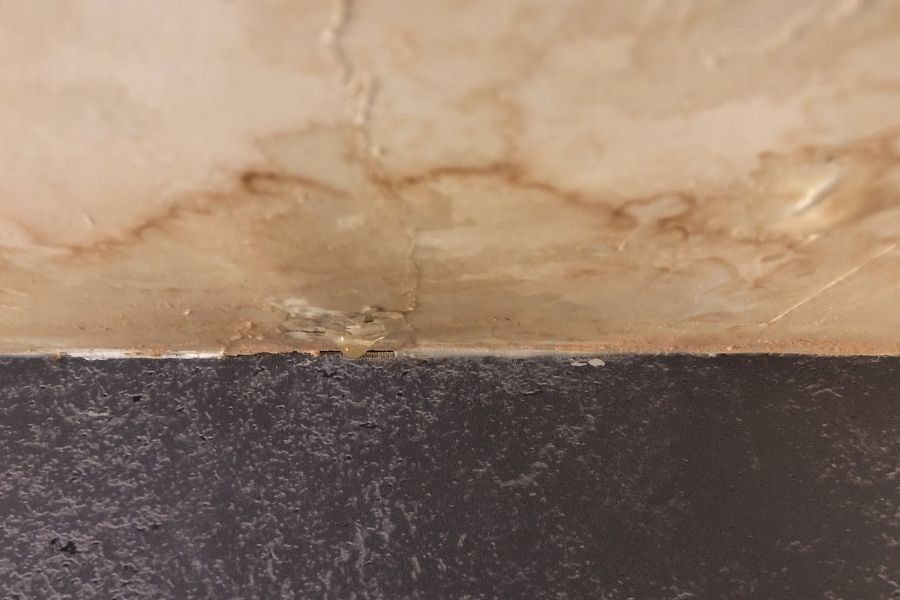Most of the components on the inside of your home don’t take too well to water so protecting against water damage can help you preserve your home and protect it. And while problems can arise no matter how much you prepare, it’s best to take steps to prevent or at least minimize any type of water damage in Downriver Michigan when it comes to your home. We’ve included several tips below that can help prevent water damage in your as well as some details on what you should do if your home has been affected by water.
Easy Tips to Prevent Water Damage in Downriver Michigan
Water damage can happen for a variety of reasons in your home. Some of those reasons are simply Mother Nature and can’t be avoided. A severe storm that damages your home and that damage allows water to get inside or a massive flood in your neighborhood which can put your home underwater or at least in deep enough water that it comes into your home and causes damages. While we can’t do much about the weather we can do things to our homes to help protect them in these severe weather situations among other things. With that being said, here are some tips to help prevent water damage in your home.

Get a Regular Roof Inspection on Your Home
One way water can get into your home and probably the most common reason why you may have water damage in your home is a leaking roof. Most roofing today have multiple layers of protection to help stop water from ultimately getting into your home. But when your roof gets damaged, unless you get regular inspections you won’t even know the damage is there. Getting an annual roof inspection on your home to determine if there are any problems and then addressing those problems can help to prevent these roof leaks.
Keep Your Home’s Gutters and Downspouts Clear
Another part of your home which can cause water damage is the gutters and downspouts on your home. Gutters serve a purpose of moving water away from your home and roof. When they get clogged water can spill over into areas around your home which can lead to damages to the foundation of your home as well as promote roof ice dams during winter. Downspouts should also be kept clear and water should exit the downspout flowing away from your home. Blocking a downspout can cause water to puddle in one area which can seep into the ground around your foundation and basement. Properly clean and clear gutters regularly especially if you have nearby trees.

Regularly Check for Drain Issues Around Your Home
If you notice water around your home that doesn’t seem to go away it may be that your lawn drains are clogged or blocked in some way. While this may not present a problem most times, during hard rain storms it may prevent the water from being able to move away from your home. Clear all drains around your home. Sometimes simply using a garden hose is enough to determine if they are clear.
Check Your Sump Pump
If you have a basement in your home it’s best to routinely check it for water damage. Look for signs of water and condensation on walls which can be a tell tale sign. You’ll also want to check some of the home’s components which are designed to remove water from the home such as a sump pump. Ensure the sump pump is working properly and removing the water. Routinely checking simple things like this can help to prevent costly water damage in your home and also help to prevent mold from growing in your home.
Call for Professional Water Damage Restoration if Needed
Having water damage in your home can be a very serious situation especially if it’s not dealt with quickly. While some small problems can be done as a do it yourself project, most times the help of a home restoration contractor is needed. This is especially true if there is mold in your home. Be sure to call the water damage and mold experts today at Downriver Restoration for help with your water damage and mold removal needs. Call 734-619-7610 for more details.


